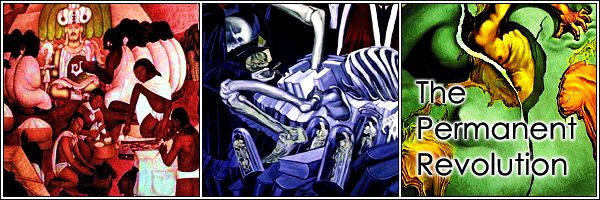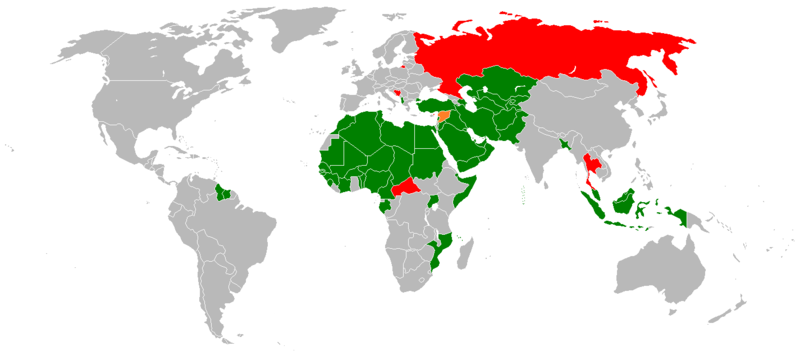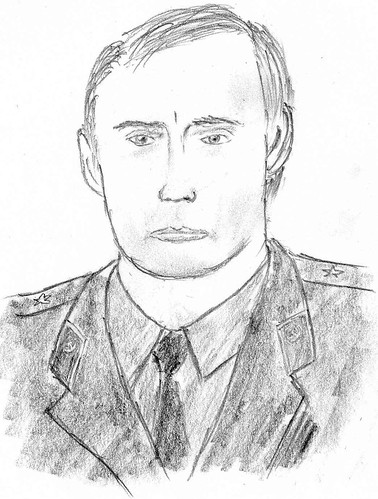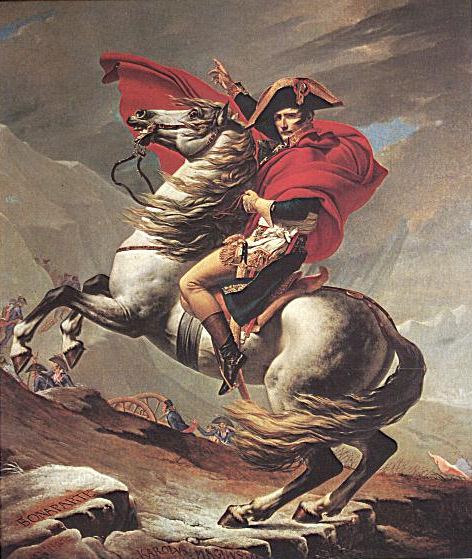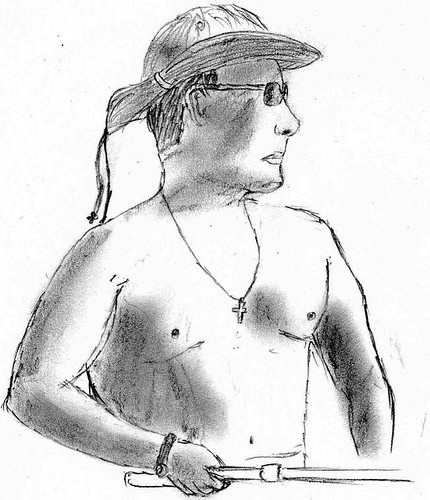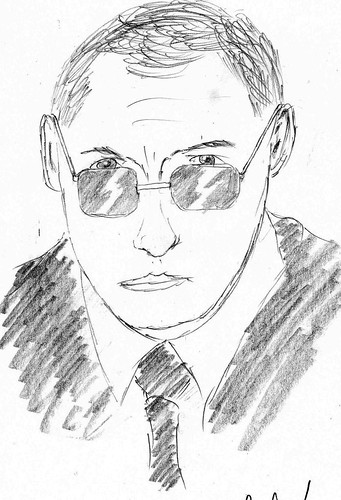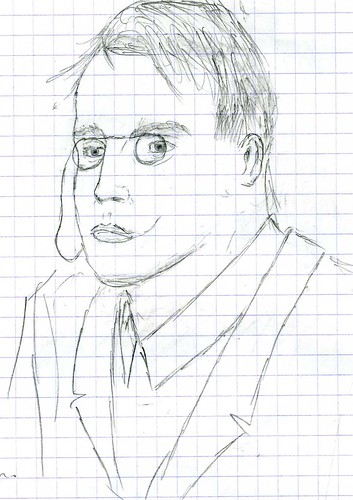Building Armies during Guerrilla Wars
Nonetheless, my choice of study of my dissertation I have admit is not entirely innocent. I am looking at the training by the French of a Vietnamese National Army (1950-54) during the Indochina War. Time and place are always marked by differences - here they are too numerous to list - but I did choose the subject as a case study of a recurrent strategy of wars in the Third World. The explicit aim of fighting a war in a country with the end-goal and exit strategy being the creation of a sustainable government and training of indigenous forces to replace your own. This pattern has been repeated in the U.S.'s wars in Vietnam, Afghanistan (and the Soviets too) and Iraq.

Graduation: Class of 2008
So as I read Tom Ricks, I am uneasy:
Several times the Bush administration tried to transfer responsibility for security to Iraqi army and police forces, only to see them unable to handle the burden. Now, once again, the Americans are trying to get Iraqi security forces to take over, as most U.S. troops withdraw from Iraqi's cities. Will the Iraqis be able to keep the population relatively secure? To be honest, I don't know, and no one else does. It's a matter of faith. And the leap comes tomorrow.General Ray Odierno assures us: 'I do believe they are ready.'
Having spent a good chunk of the last week combing through U.S. foreign policy documents and the personal papers of then French President Vincent Auriol, I admit I am even more wary of politicians and generals telling us anything about how good a job they're doing.
I think the act of fighting a war can impose a kind of doublethink. Whether or not the Iraqi Army and the war are going well, the effort itself if it has any chance to be successful requires a degree of cheerleading. And in your own mind, your rhetoric can prevent you from having a more clear-headed view of the situation.

Combat: Class of 1953
I can’t help think of those French generals in Indochina who promised – every year – that within two years they’d have enough Vietnamese troops to knock out the Communists. And this, despite the continuous problems in training competent officers, in draft dodging and desertion and the fact that every time they handed areas to ‘their’ Vietnamese, the results went from mixed to disastrous. And this kind of optimistic discourse existed in both public and private as French leaders in charge of the war 'over there' tried to sell it to the public and political elite at home. All the while, their rather more detached American colleagues filed consistently negative reports.
This example from 1952 is typical: as a Marshal of France assured his government that the extra Vietnamese troops could allow them to deal 'decisive blows to the [Communist] Viet Minh]' by 1953, American diplomats reported from their conversation with the top French commander that despite his optimism he 'did seem to gloss over one very important aspect of the matter – the fact that there is a lack of confidence by the French High Command in both the ability and the reliability of Vietnamese effectively to assure security.' And this kind of dissonance, between vaguely hopeful wishful thinking by French leaders and the wry commentary of Americans repeats itself all the way to Dien Bien Phu and the establishment of the dysfunctional state of South Vietnam.
What does all this mean? For now, I'll just note that to make an army out of nothing and fight a guerrilla war at the same time - depriving that army of accountability and limiting the period of training to few extremely costly years - is a task of extreme difficulty. I am not aware of any examples of this strategy having succeeded (as opposed to fully destroying an insurgency and then having many peaceful years to create a viable army). I'll no doubt have more to say once the paper is done.
